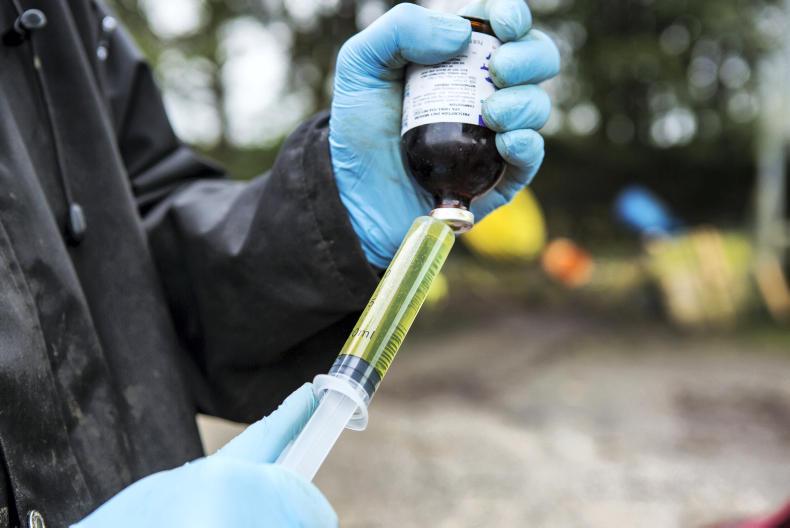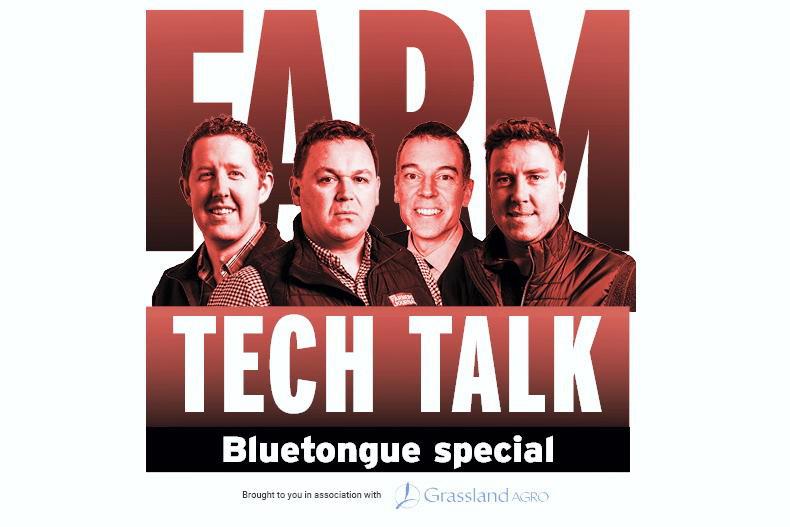A new study of 93 vets across Ireland has pointed to a number of pressures affecting the sector.
Vets reported a high risk of burnout, with 68% citing a better work/life balance as their key aspiration. Some 43% of all respondents say they are working over 60 hours a week.
The 2018 Veterinary Practice Survey Report, conducted by HLB Sheehan Quinn, showed that almost half of vets said they would be willing to sell their practice to a corporation, with exhaustion cited as reason for wanting to sell.
As previously reported in the Irish Farmers Journal, there has been an increase in the number of corporations buying vet practices across Ireland.
The entry of corporates into the Irish market remains a controversial issue but the survey showed an 18% increase in the number of vets willing to sell to a corporation.
“Corporates coming in will make it impossible to buy practices and will affect care given. Small independents can’t compete with them,” one respondent said.
Some vets also expressed their belief that corporations would strengthen areas such as human resources within practices and increase the availability of advanced technologies.
However, other respondents questioned how it would affect the bond of trust that was built up between farmers and vets.
Farm vets
Up to 21% of respondents were from large and farm animal practices and many said that they often found it difficult to recruit vets to rural areas.
Poor work life balance and rotas which involved night-calls were cited as deterrents when it came to recruitment.
“The new graduates want 9-5 and weekends off or just one weekend a month on. Most rural
practices can’t give that,” one respondent said.
Rural practices also cited issues with payment, particularly after the tough spring and summer period in 2018.
Salary
Despite the long hours many vets work, there was still a relatively high rate of job satisfaction reported, with 44% of respondents saying they were “satisfied” with their job, while only 15% stated they were “unsatisfied.”
In terms of salary, the top 26% earned €100,000 before tax, while a fifth of respondents are earning less than €40,000 – which may encompass recently qualified vets.
Read more
Veterinary Council cracks down on ‘motorway vets’
CVS buys up vet practices in the west
A new study of 93 vets across Ireland has pointed to a number of pressures affecting the sector.
Vets reported a high risk of burnout, with 68% citing a better work/life balance as their key aspiration. Some 43% of all respondents say they are working over 60 hours a week.
The 2018 Veterinary Practice Survey Report, conducted by HLB Sheehan Quinn, showed that almost half of vets said they would be willing to sell their practice to a corporation, with exhaustion cited as reason for wanting to sell.
As previously reported in the Irish Farmers Journal, there has been an increase in the number of corporations buying vet practices across Ireland.
The entry of corporates into the Irish market remains a controversial issue but the survey showed an 18% increase in the number of vets willing to sell to a corporation.
“Corporates coming in will make it impossible to buy practices and will affect care given. Small independents can’t compete with them,” one respondent said.
Some vets also expressed their belief that corporations would strengthen areas such as human resources within practices and increase the availability of advanced technologies.
However, other respondents questioned how it would affect the bond of trust that was built up between farmers and vets.
Farm vets
Up to 21% of respondents were from large and farm animal practices and many said that they often found it difficult to recruit vets to rural areas.
Poor work life balance and rotas which involved night-calls were cited as deterrents when it came to recruitment.
“The new graduates want 9-5 and weekends off or just one weekend a month on. Most rural
practices can’t give that,” one respondent said.
Rural practices also cited issues with payment, particularly after the tough spring and summer period in 2018.
Salary
Despite the long hours many vets work, there was still a relatively high rate of job satisfaction reported, with 44% of respondents saying they were “satisfied” with their job, while only 15% stated they were “unsatisfied.”
In terms of salary, the top 26% earned €100,000 before tax, while a fifth of respondents are earning less than €40,000 – which may encompass recently qualified vets.
Read more
Veterinary Council cracks down on ‘motorway vets’
CVS buys up vet practices in the west









SHARING OPTIONS